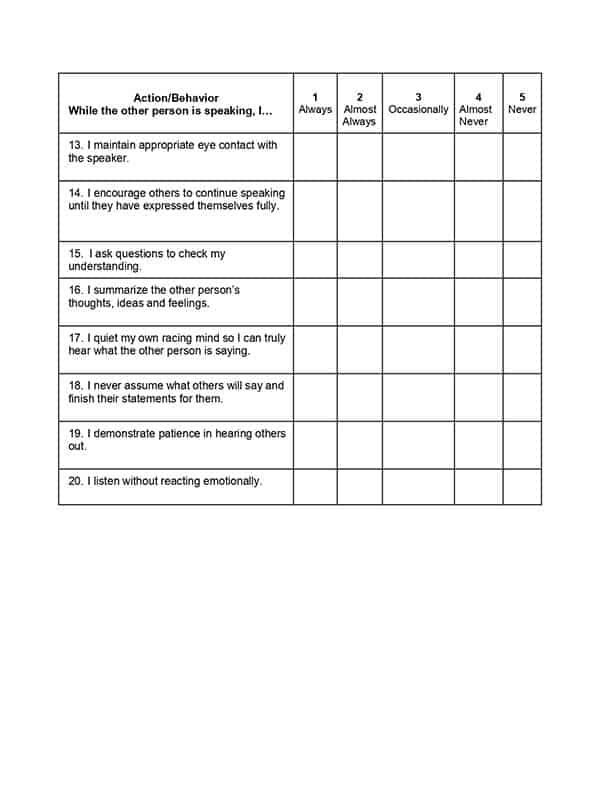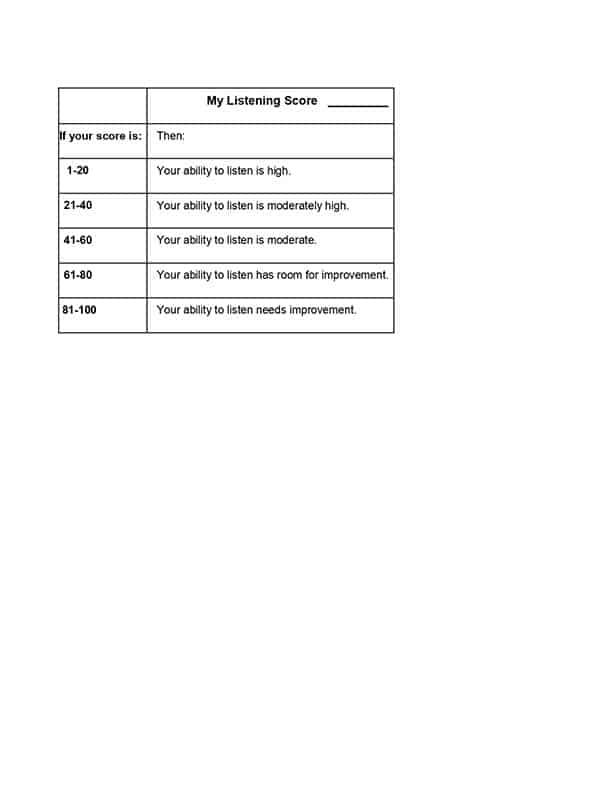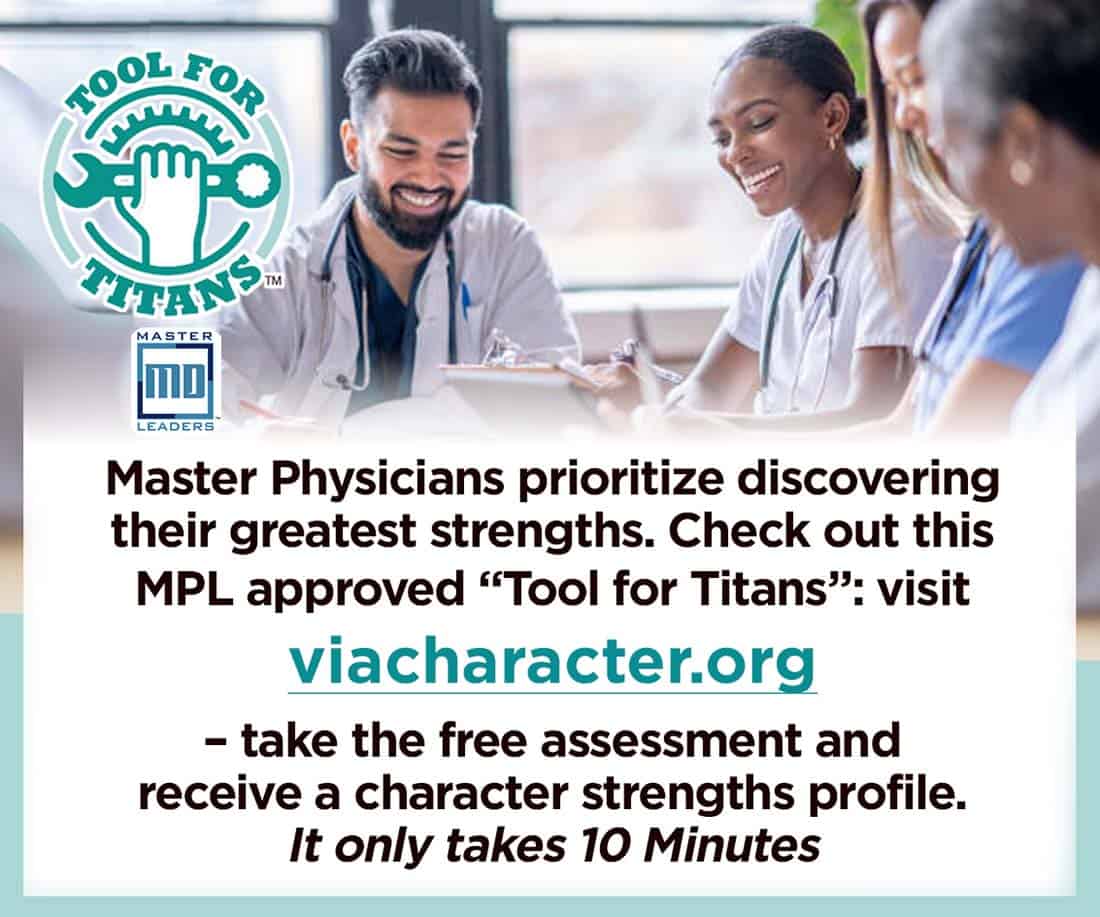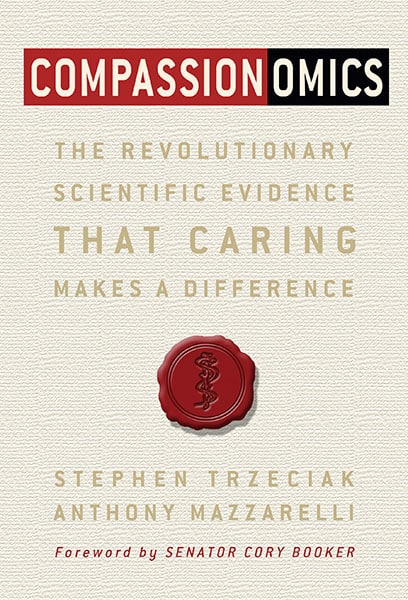The First 90 Days – Sign Up here to begin this free course
The First 90 Days
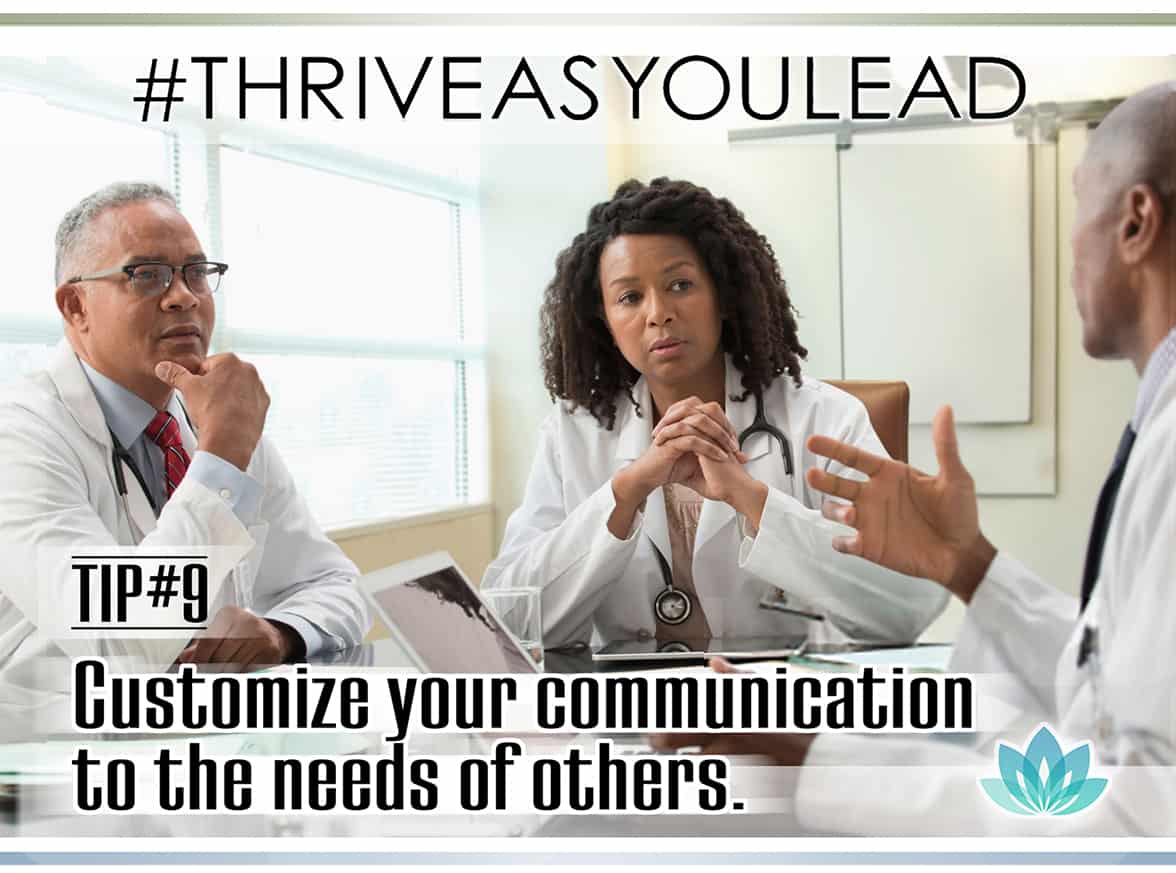
Traditionally, physician leaders have been valued for their decision-making and communication skills. We are expected to communicate clearly and completely, building bridges of understanding and cooperation. In our daily lives and particularly during challenging times, our ability to communicate in a logical, organized manner is a crucial skill. So how do physician leaders improve their skills as communicators?
Effective communicators listen intently to others and seek first
to understand what the other person is saying.
Listening occurs when someone is hearing – actually hearing – the words and making sense of them. One of the greatest gifts we can give to another is to truly listen. The ability to set aside our inner mental clamor and truly focus on the person’s message is the No. 1 way to improve communication.
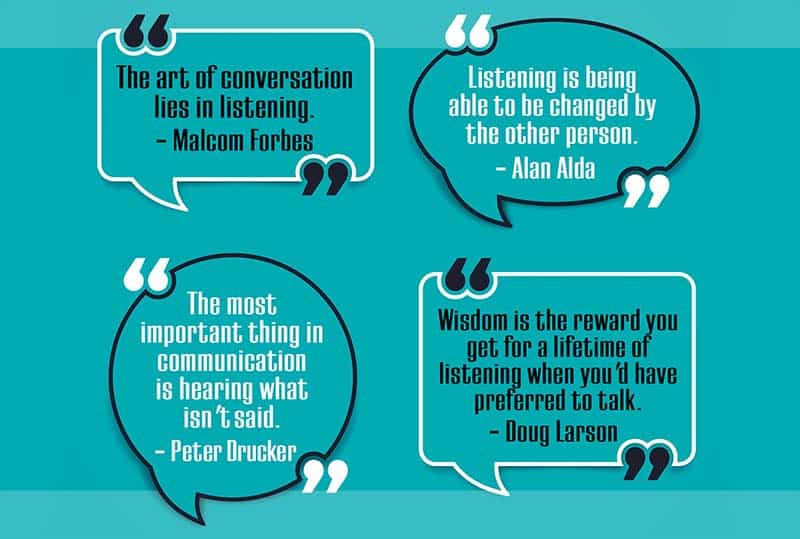
The perspective physician leaders take as intentional listeners has a significant impact on the person who is speaking. Listening from the other’s point of view fosters open communication. Failing to listen, interrupting, and finding fault with what others say engenders disconnection. It is difficult to connect with leaders who lack consideration and tact when expressing their opinions. And it cannot be overstated the cost of avoiding bringing a physician bad news because he/she is unapproachable. That cost is too high to calculate.
Team members can easily establish rapport with physician leaders who stay receptive to bad news as well as good, who keep their communication constructive, and who convey their intent to help and support. Physician leaders must be open to and verbally welcome the sharing of information fully. They do this by listening from the perspective of the person speaking. Deep listening puts your interests out of the way and enables you to deliver a truthful message that is timely, personally relevant, succinct, and respectful.
Skilled communicators listen deeply and openly and
send clear, credible, convincing messages.
Improving your communication skills as a physician leader involves becoming a better listener. Relationships with others – spouses, relatives, children, friends, and colleagues – can be vastly improved by honing your listening skills. Listening forces you to be much more present and to focus on what the person is actually saying and feeling because you listen both to what is being said and what is not said. True listening bridges the space between us much more so than talking.
Complete the following survey to assess your listening skills and build upon your ability to listen, thus becoming a better communicator.
Read each statement and determine how frequently you perform the action or demonstrate the behaviors that make for a good listener. On a scale of 1 to 5 (1 = Always; 5= Never), rate your actions and behavior. What could you work on to become a better listener? CLICK HERE to download worksheet.
Tip #9 – Customize your communication to the needs of others.
Strategy #9 – Listen receptively to what is being said by asking open-ended, unbiased, neutral questions to understand what the other person is communicating.
Teresa Dean Malcolm, MD, FACOG, MBA, CPE, CPXP, is zealous in her belief that an exceptional experience in clinical care, the human(e) experience, is achievable through meaningful and authentic relationships with others. She has served in executive positions, integrating people with process and purpose, and successfully aligning the ideas of the team with a compelling vision. Her coaching philosophy, The Malcolm Method, is rooted in trust and supportive accountability. Through thought-provoking conversations, she strives to deepen the awareness of her physician clients and further their actions, thereby helping them to thrive as they lead. Dr. Malcolm (known to her friends and family as Terri) is a loving wife to her husband, Nate. Together they have three charming and athletic boys, Nathaniel, and twins, Roman and Colton.

